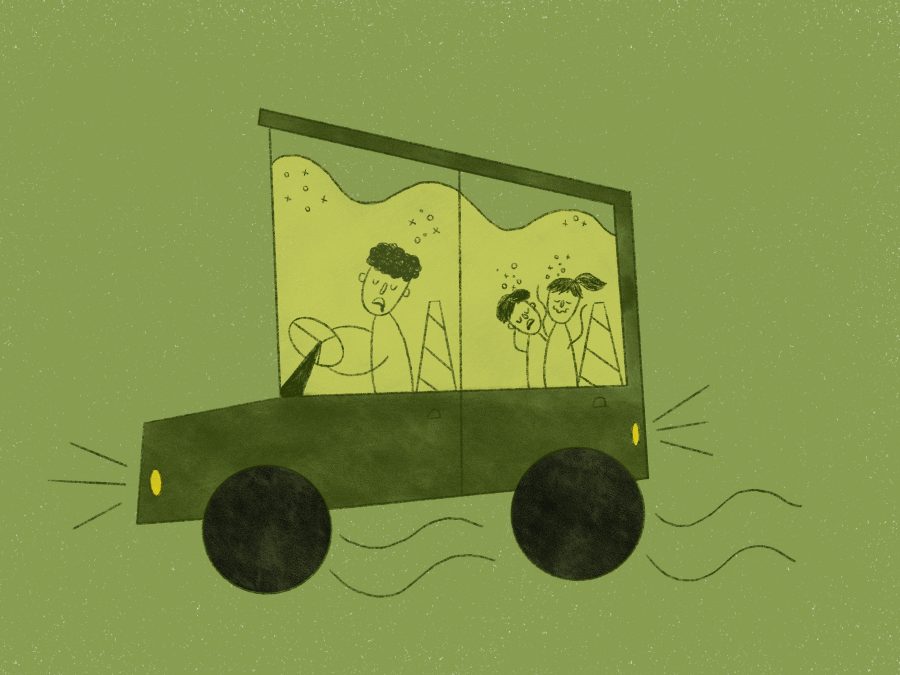The thing about tragedy is you never think it will happen to you — until it does.
Drunk driving is a problem that never seems to get solved. Over a span of 30 days, approximately 30 percent of UT students drove a vehicle after drinking alcohol and 2.7 percent drove a vehicle after having five or more drinks, according to the most recent National College Health Assessment by the American College Health Association.
At a college campus such as UT, drunk driving is a persistent, yet avoidable problem. UT students need better educational resources in the AlcoholEdu program, required for all freshmen, paired with continuous re-education initiatives throughout students’ college years.
Per the NCHA data, UT students frequently make poor decisions when it comes to drinking and driving that can catastrophically impact their lives and the lives of the people around them.
Chloe Chamblee is a 2016 UT graduate who started Longhorns Against Drunk Driving (LADD) through her spirit group, Texas Lassos.
“When one of my friends, Vanessa, died after she was hit by a drunk driver, I started LADD,” Chamblee said. “I had the mourning process of losing a friend, but I knew that I couldn’t sit and do nothing about it. I needed to do something … because (drunk driving) is senseless and should never happen.”
There is a required AlcoholEdu module for all incoming freshmen, but there is no targeted module about drunk driving beyond sporadic mentions of safe drinking practices and only one potential drunk driving scenario. Based on the alarming rate of drunk driving among students, the existing AlcoholEdu program is not effective enough to prevent drunk driving.
Chamblee said while early prevention through freshmen education is good, requiring students retake a more intense AlcoholEdu course once they turn 21 in addition to implementing more targeted efforts for high-risk upperclassmen could potentially curb drunk driving rates.
“If it changes one person’s mind to not drink and drive, then it’s worth it,” Chamblee said. “It’s one less person that has to put their life and others at risk. It’s better than nothing.”
Mandy Colbert, health promotion coordinator for University Health Services and the Counseling and Mental Health Center, administers the AlcoholEdu program. Colbert said there are other initiatives, such as Bruce the Bat and HealthyHorns peer education programs, in addition to the federally required program.
According to a follow-up email from Colbert, the UT System recently purchased an Alcohol Ongoing Education module. They are still considering how to implement this program, but preliminary discussions have begun. This is a step in the right direction, and the University should see it through.
While the AlcoholEdu program improves students’ knowledge of alcohol, it currently does not adequately prepare students for the real pressures and decisions that involve drunk driving. These difficult scenarios occur throughout a student’s time on campus, and a continuation module would advance education through the years. Implementing required continuing education programs could target at-risk older students and deter students from drunk driving.
When it comes down to it, it’s not just one sip or just one drink — it is the difference between life and death. It should not take another tragedy for UT to step up and educate its students on the dangers of drunk driving. Education needs to happen now, and the University must expedite the implementation of education that will combat drunk driving.
Mathavan is a business honors freshman from McAllen.





















